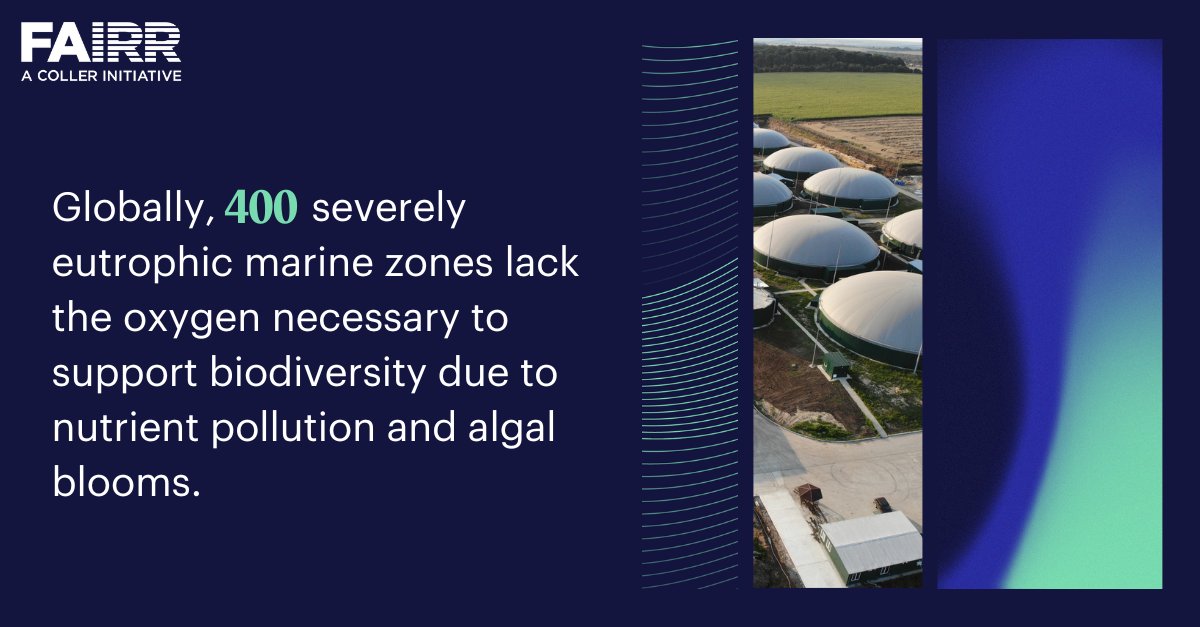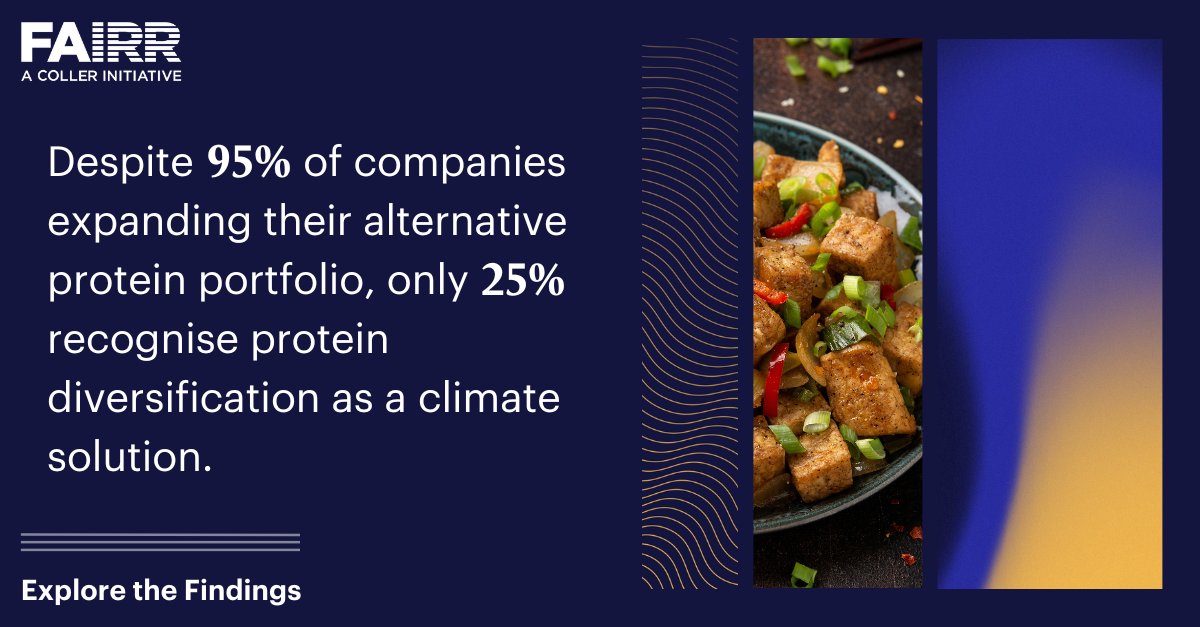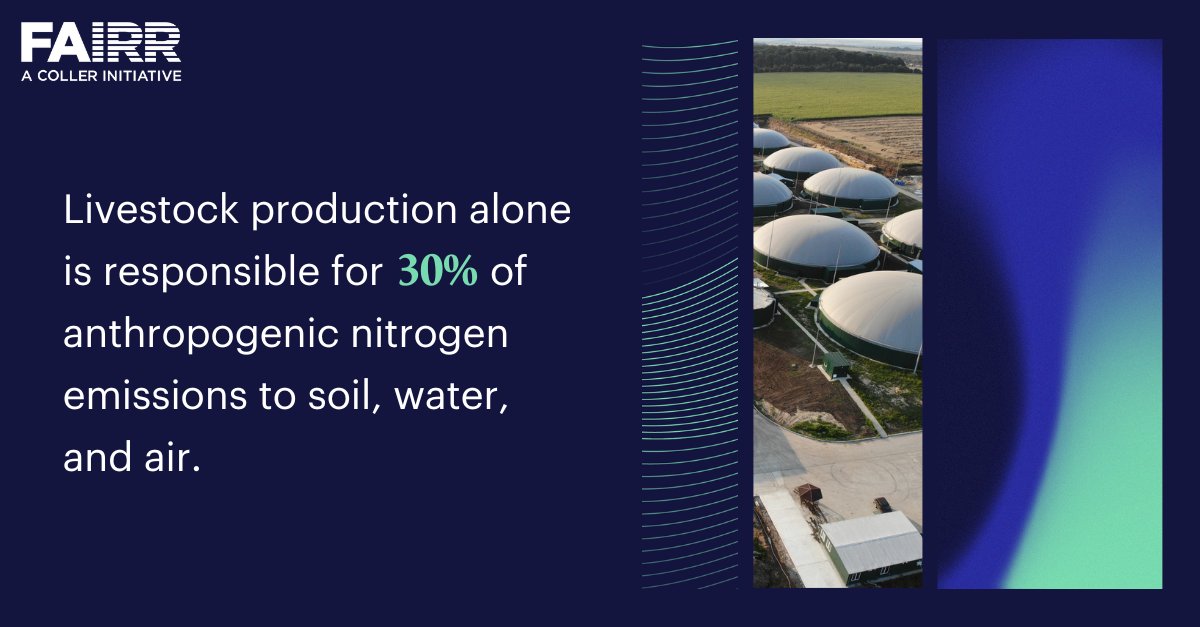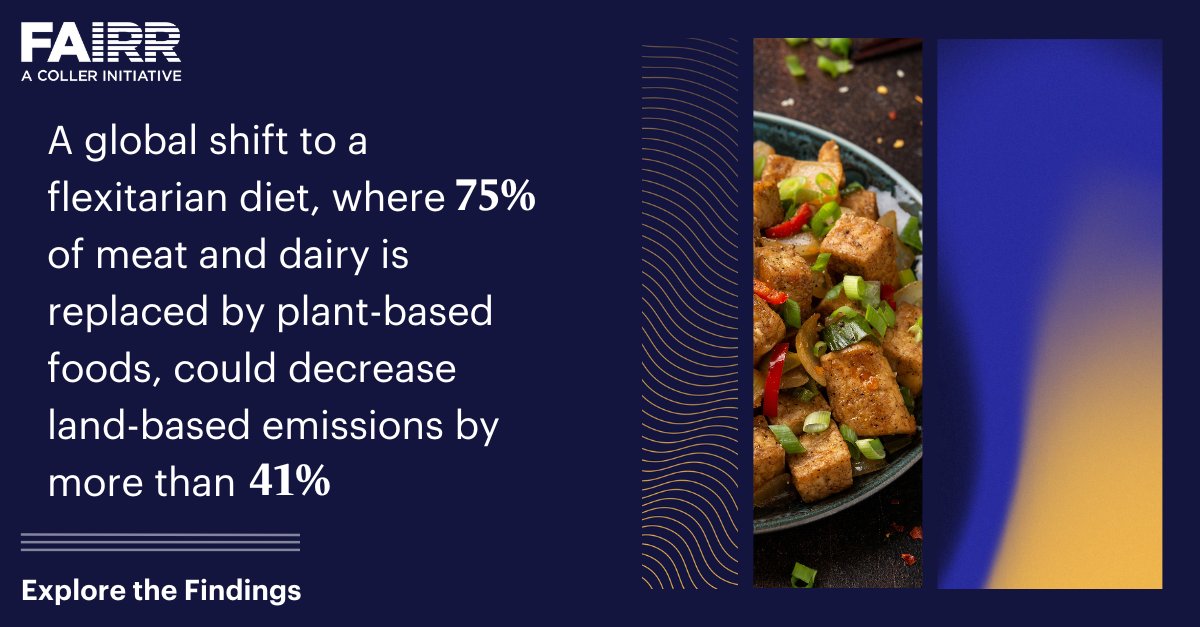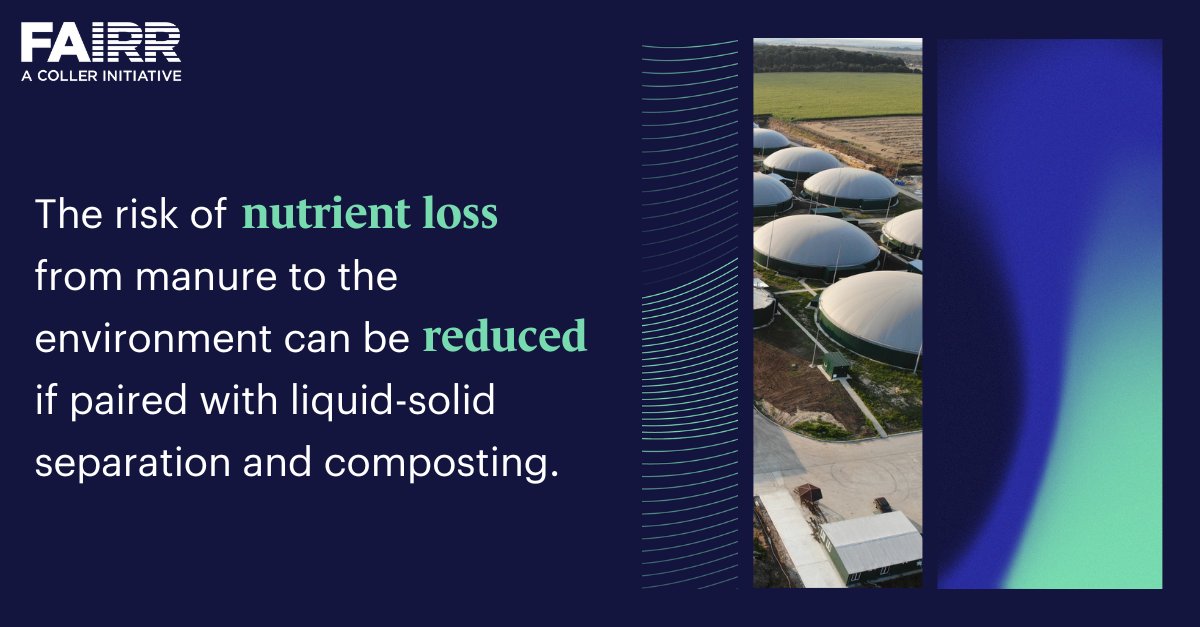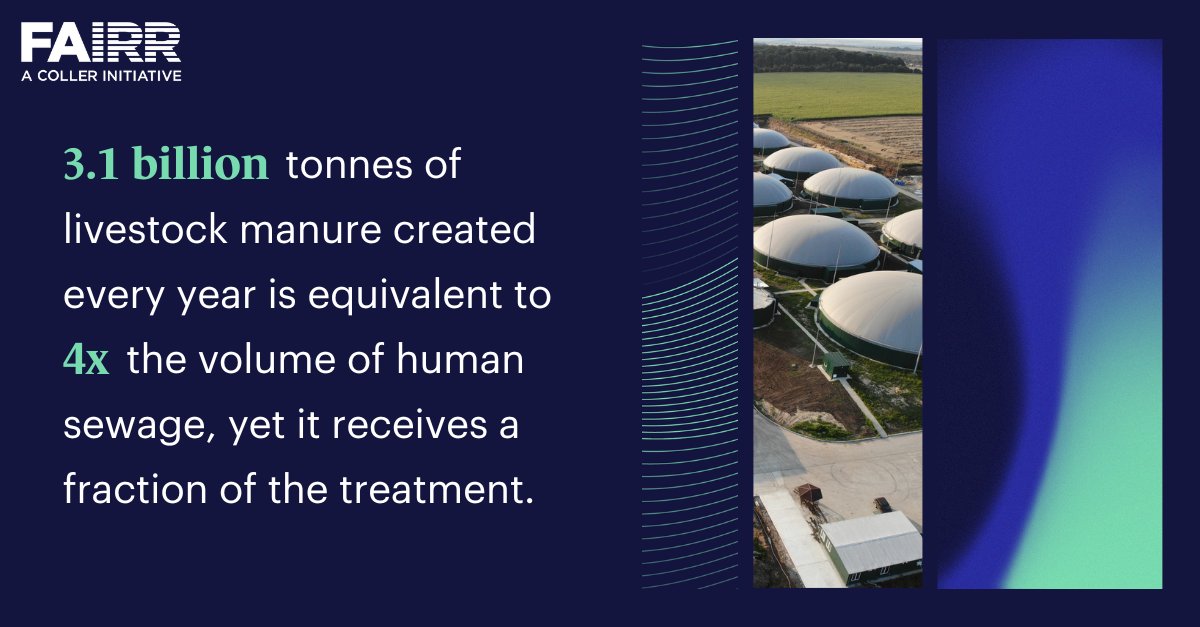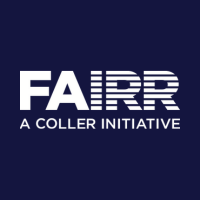
FAIRR Initiative
@fairrinitiative
The world's fastest-growing investor network focusing on ESG risks and opportunities in global protein supply chains.
ID: 2849938024
https://www.fairr.org/ 29-10-2014 14:52:21
3,3K Tweet
7,7K Followers
3,3K Following


🍣 A plant-based tuna sashimi, which aims to provide a more #sustainable alternative to raw tuna, has been launched for use in Japanese restaurants, reports The Fish Site 👇 thefishsite.com/articles/plant…

‘Green’ ammonia could hold the key to reducing emissions from #fertiliser production, with giants like Yara International leading the way in innovation in this space. Susannah Savage for Financial Times 👇 ft.com/content/47967a…
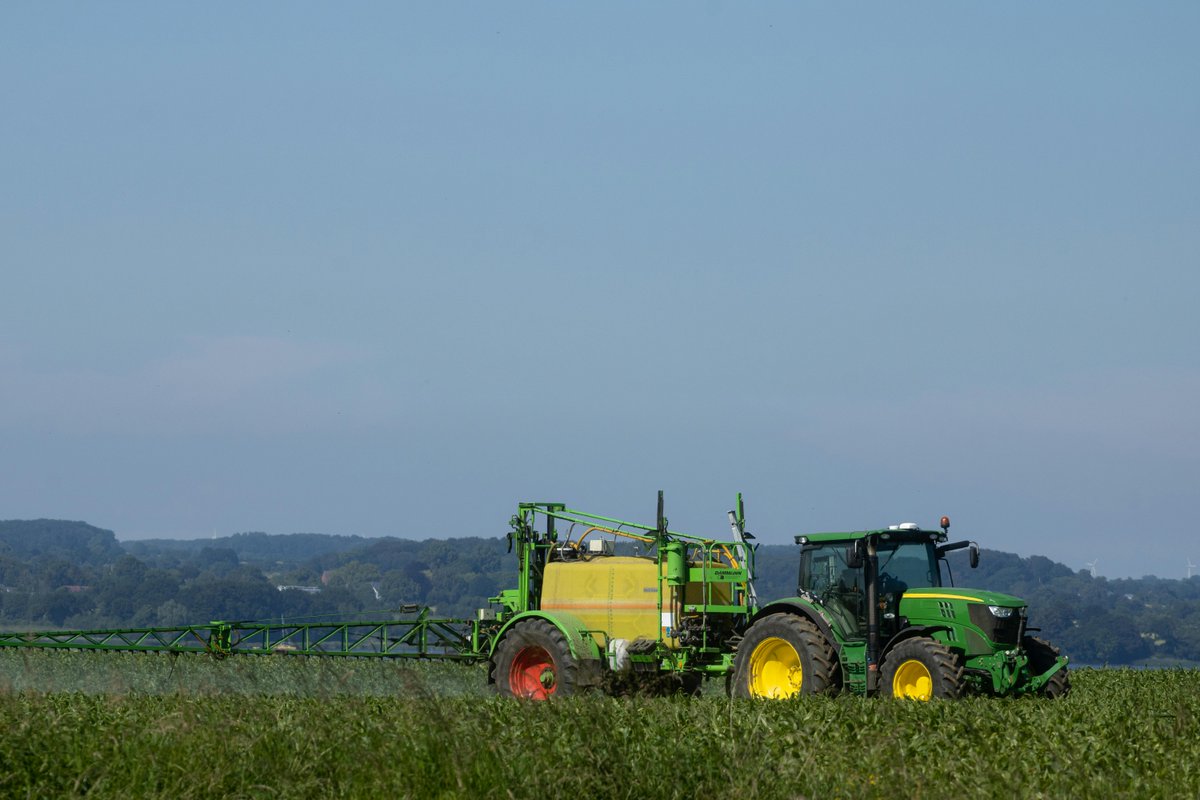

11 Dutch supermarkets pledge to sell 50% #PlantBased proteins by 2025, increasing to 60% by 2030. Via Vegconomist Global 👇 vegconomist.com/retail-e-comme…


As nations tackle climate change, Singapore has approved 16 insect species for human consumption, recognising that insects are a more sustainable protein source compared to livestock. Helen Sullivan for The Guardian ⬇️ theguardian.com/environment/ar…


🚨 As the #BirdFlu outbreak continues in the US, a new study confirms the virus can be passed from mammals to their offspring, prompting scientists to warn again about the dangers of drinking unpasteurised milk. Kaya Burgess for The Times and The Sunday Times ⬇️ thetimes.com/uk/science/art…

A new report suggests that the Netherlands could strengthen its position as a leader in #AlternativeProteins through targeted infrastructure and innovative finance models. Food & Drink Tech ⬇️ foodanddrinktechnology.com/news/53827/538…


With 40% of annual methane emissions coming from agriculture, methane inhibitors could be a valuable climate abatement tool - but they’re not a silver bullet. Susannah Savage for Financial Times 👇 ft.com/content/b8f53d…
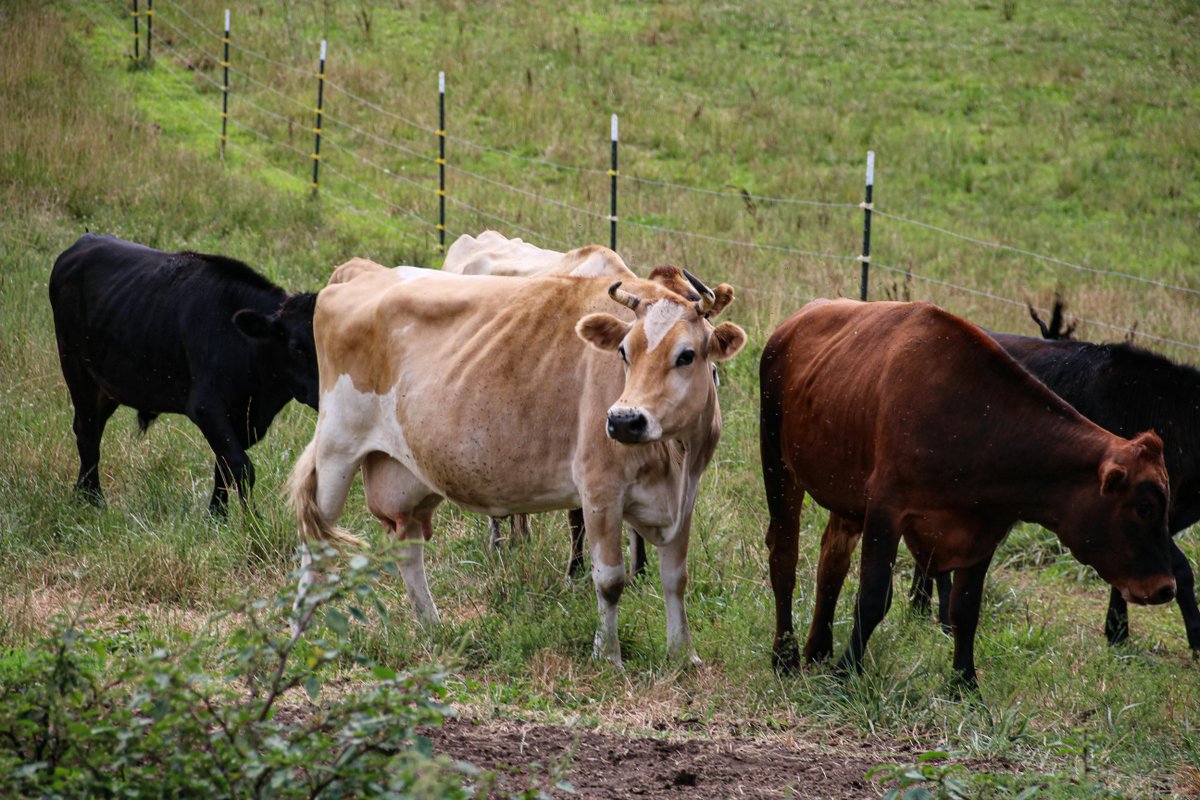


The UK will become the first country in Europe to commercialise ‘lab-grown’ meat, as Meatly chicken is approved for use in pet food. Madeleine Speed for Financial Times 👇 ft.com/content/a9d139…
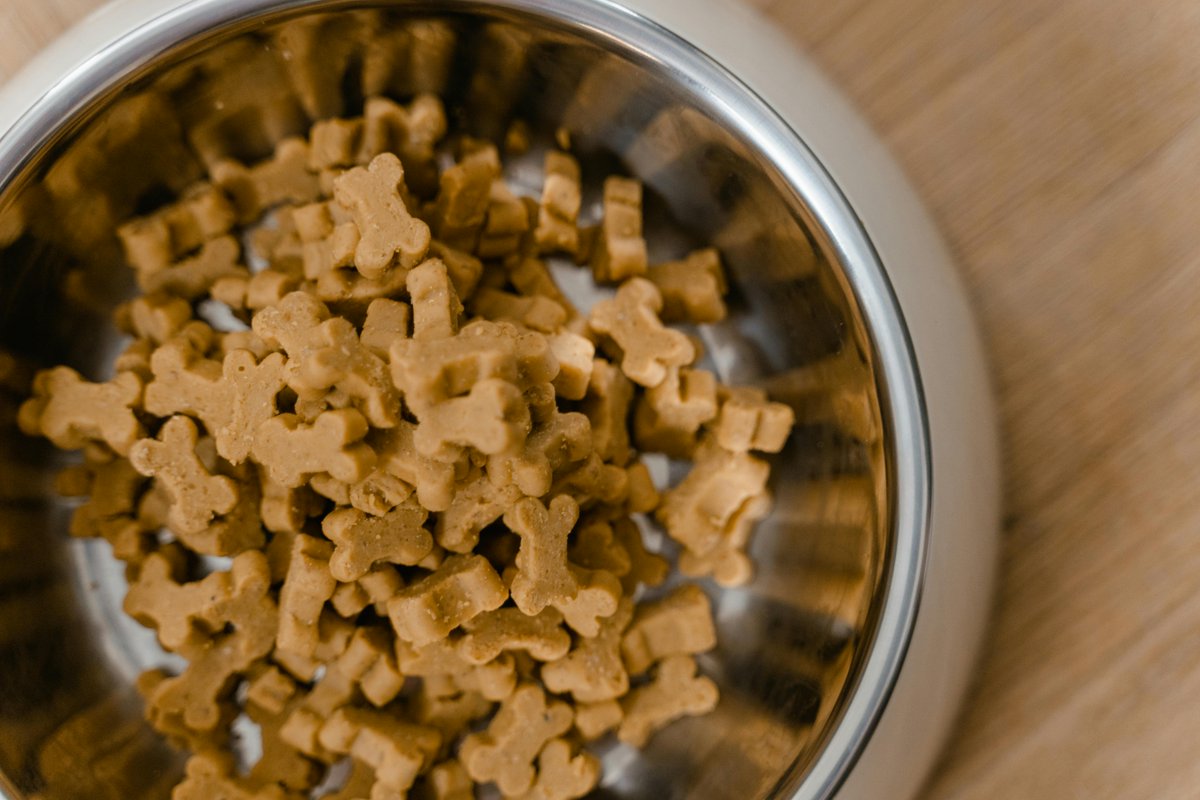


Researchers confirm the health benefits of eating #PlantBased unsaturated fats rather than saturated animal fats 🌱 Via FoodIngredients1st 👇 foodingredientsfirst.com/news/research-…




New report finds that agriculture has driven almost 75% of anthropogenic nitrous oxide emissions in the last 40 years, in part due to growing global demand for #meat and #dairy. Orla Dwyer for Eco-Business ⬇️ eco-business.com/news/agricultu…


💊 Save our Antibiotics report finds supermarket antibiotic policies frequently only cover their own-brand ranges, so branded products and imported foods can still contain animal products produced on farms with irresponsible antibiotic use: saveourantibiotics.org/our-campaign/s….
